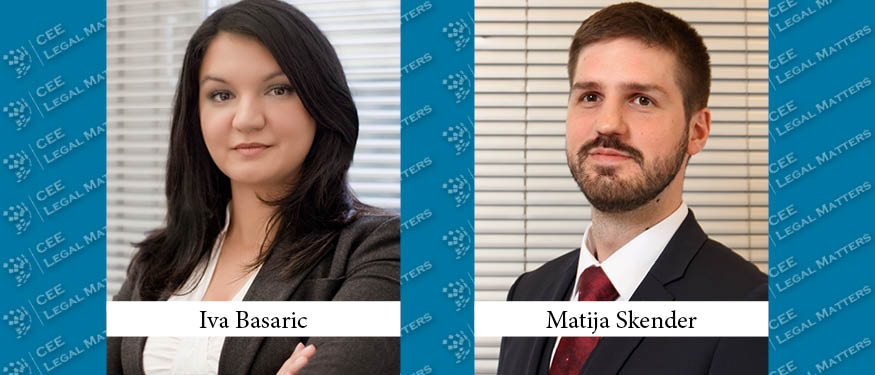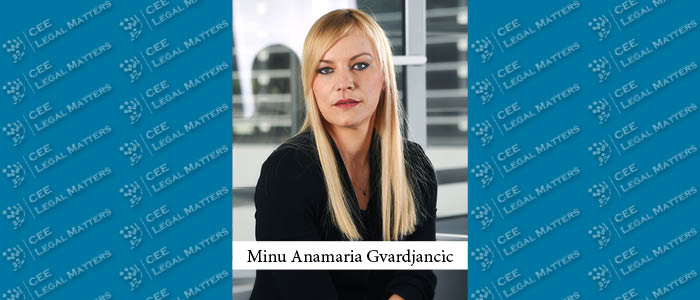Recent court decisions in the technology, media, and telecommunications sector are expected to influence the way in which businesses manage, protect, and enforce their intellectual property rights and trade secrets in Bulgaria.
Austria: Data Strategy – Data Act and Data Governance Act in Focus
Austria’s data strategy is derived from the European data strategy. It aims to improve the framework conditions for the data economy and to promote the secure exchange and broad use of data.
Lithuania: Implementation of the NIS2 Directive
Lithuania has updated its national legislation, with the revised Cybersecurity Law aligning with Directive (EU) 2022/2555 of the European Parliament and of the Council of 14 December 2022 on measures for a high common level of cybersecurity across the Union, amending Regulation (EU) No 910/2014 and Directive (EU) 2018/1972, and repealing Directive (EU) 2016/1148 (NIS2 Directive). The new Cybersecurity Law took effect on October 18, 2024. The implementing legislation was adopted on November 6, 2024.
Greece: New European Legislation on Measures for a High Common Level of Cybersecurity Across the Union
The NIS2 Directive is the EU-wide legislation on cybersecurity. It provides legal measures to increase the overall level of cybersecurity in the EU by modernizing the existing legal framework, broadening the scope of covered entities, and specifying high fines (2% or EUR 10 million for essential entities, or 1.4% of global annual turnover or EUR 7 million for important entities), directly involving the board members of covered organizations and holding them accountable for any breach of the legal framework established by the new Directive.
Romania: Can AI-Generated Content Be Protected Under Copyright Law?
We are living in very interesting times with spectacular innovations in technology. The law is hardly keeping up with all these changes. Companies and authors of intellectual property works are also challenged and need to adjust to the new evolving environment.
Croatia: Intellectual Property Infringements – A Look at the 2023 Report
In the summer of 2024, the Croatian Intellectual Property Office published a report detailing intellectual property (IP) infringement data for 2023. This statistical overview sheds light on the enforcement of IP rights across three main segments in Croatia: liability for misdemeanors (falling under the jurisdiction of the Croatian Customs Administration), criminal liability (managed by the State Attorney’s Office), and civil liability (which is enforced through private actions, often involving Collective Management Organizations (CMOs)). This article analyzes the trends observed in the 2023 report, aiming to provide insight into the future landscape of IP enforcement in Croatia and explore implications for rightsholders and other stakeholders in the IP space.
Slovenia: A Renewed Legislative Focus on Strengthening the Public Use of Slovene
The Slovene language has long been a core part of Slovenia’s national identity, instrumental in unifying the nation during its journey to independence in 1991. However, globalization and digitalization have increasingly challenged the prominence of Slovene in public and commercial domains. This pressure has placed responsibility on the Slovenian government to safeguard the language’s role in the face of a rapidly globalizing world. Recent amendments to the Act on the Public Use of Slovene (Act) reflect this commitment to preserving and expanding Slovene’s presence in public, commercial, and digital spheres.

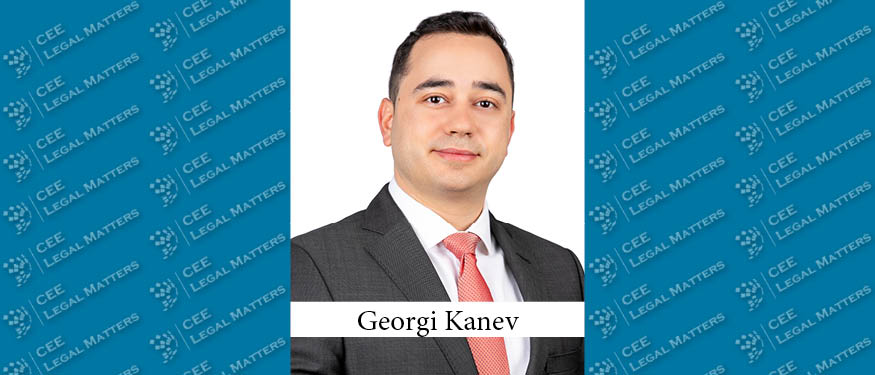
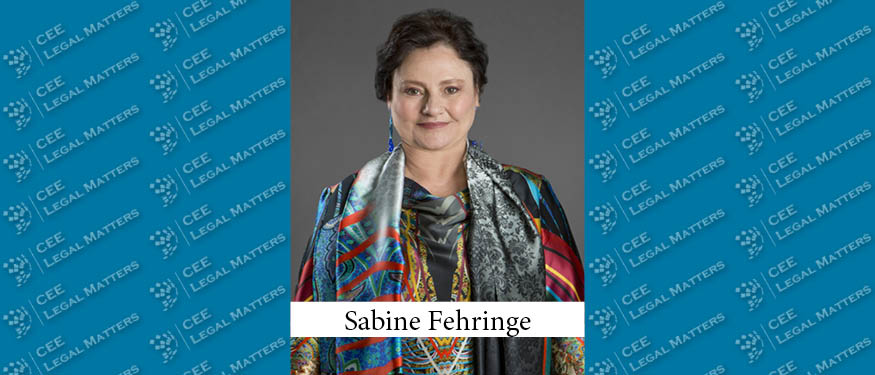
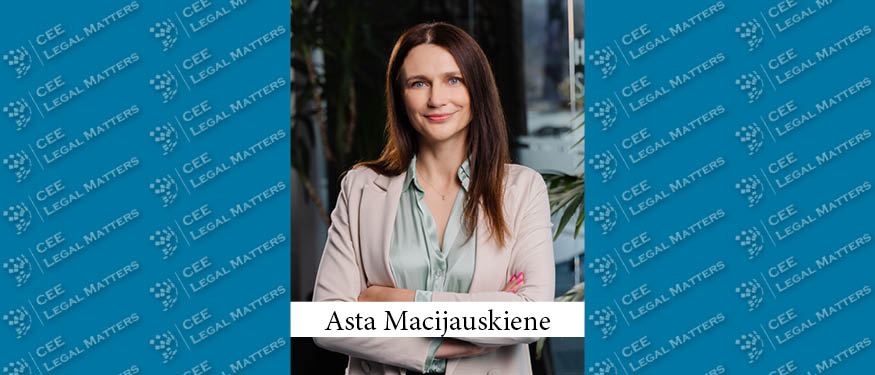
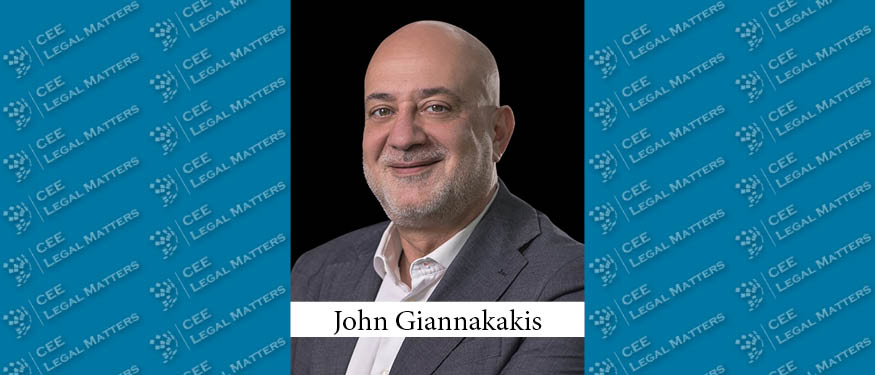
_Barbu.jpg)
